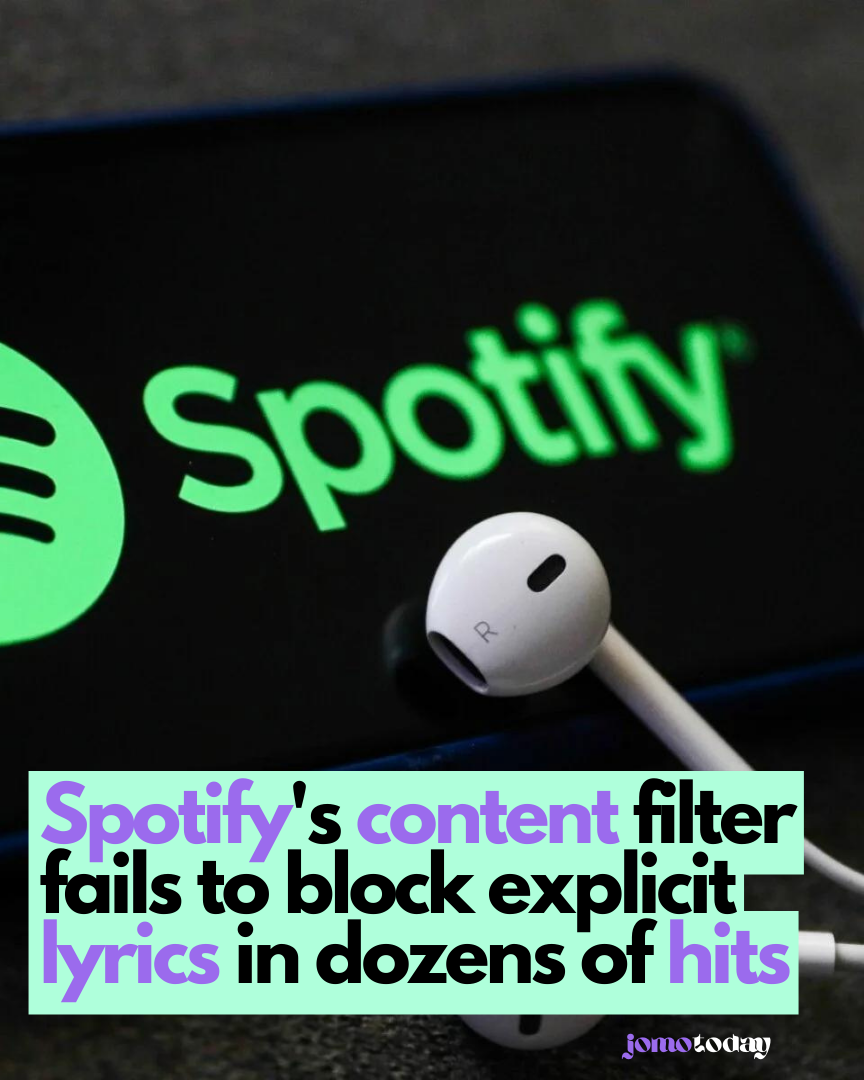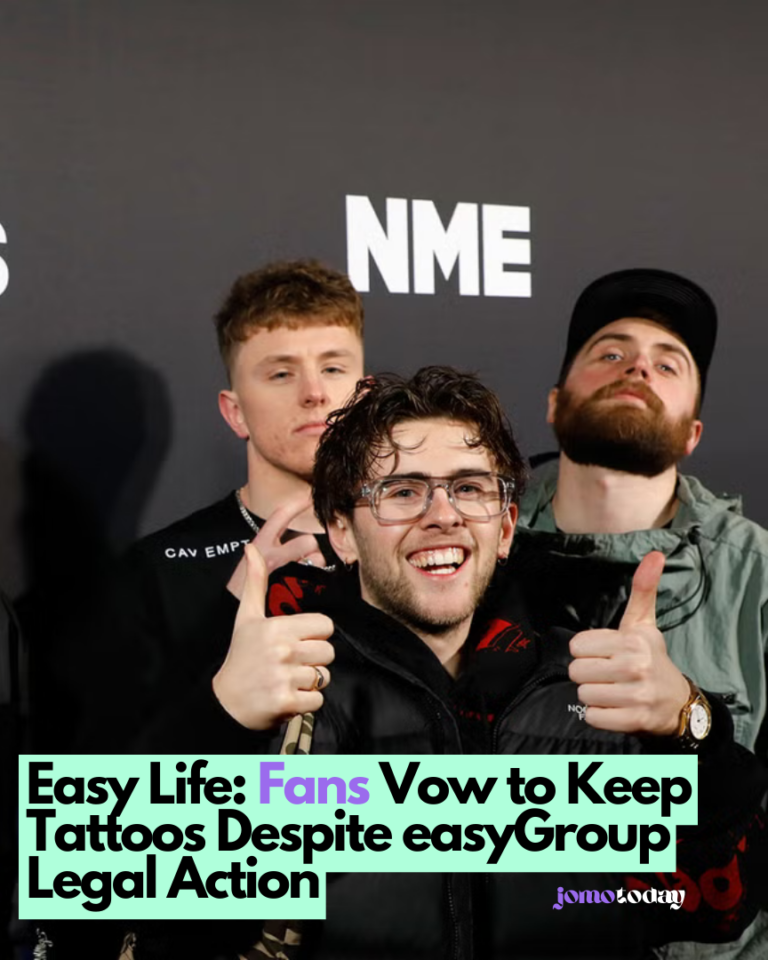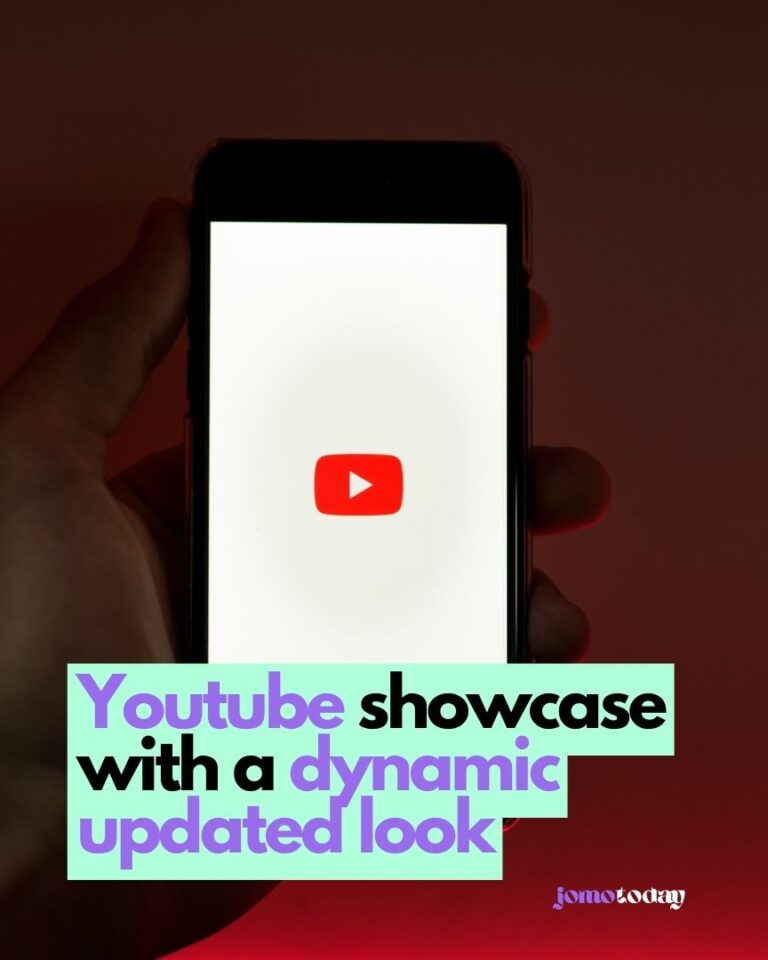Spotify’s content filter has been found to be ineffective in blocking explicit lyrics in numerous popular songs, exposing users to swear words and racial slurs. This issue persists despite the explicit content being supposedly blocked.

Fans are shown swear words and racial slurs in dozens of songs even when explicit content is blocked.
Spotify has come under scrutiny as young fans of artists like Olivia Rodrigo and Eminem have been exposed to explicit lyrics, despite having blocked explicit content settings enabled. The issue arises when Spotify displays a song’s original lyrics, including potentially offensive language, even when the clean “radio-friendly” version is playing. This problem has been observed with numerous popular tracks by artists such as Dua Lipa, The Weeknd, Drake, and Lil Nas X, as reported by the BBC.
While Spotify has declined to comment, it’s understood that the company is aware of the issue and is actively working to resolve it. Despite implementing a system in 2018 to manage explicit content and marking such songs with an ‘E’, the platform’s database often contains identical lyrics for both explicit and clean versions. Consequently, individuals who opt for clean versions may still encounter explicit language when viewing lyrics on the platform.
At present, over 33% of the tracks featured in Spotify’s UK top 50 chart include explicit lyrics, with approximately half of them displaying explicit content even when the clean version is played. According to the BBC, they’ve identified an additional 100 prominent songs affected by this issue, some of which are included in children’s movie soundtracks or playlists tailored for younger audiences.
After being notified by the BBC, Spotify reportedly removed lyrics for a limited selection of songs on Wednesday. Additionally, it has been found that users can still access the lyrics of explicit versions of songs on desktops or laptops by clicking on track names from search results or artist profiles, despite the tracks being blocked. As the leading music streaming platform worldwide, Spotify boasts over 500 million users.
James Roach, known as Midlo in the music realm and a contributor to the parenting site Music Football Fatherhood, is the father of two children. One of them is just beginning to explore music on his own.
“It’s not something that crosses your mind until you have a child who’s at an age where they can start understanding and interpreting words and language,” he explains.
“My son is almost eight, and only recently has this become an issue. Until now, he wouldn’t bother reading or paying attention much. But now that he’s discovering music he likes and can read well, it’s becoming relevant.
“Kids naturally want to mimic their favorite artists and sing along to songs, but sometimes the lyrics aren’t entirely clear. So, you end up going online or using platforms to find the exact words. I think that makes it even more concerning because you’re actively seeking out the content and scrutinizing every word.”
Roach, as a producer, notes that individuals who upload songs can choose to submit different lyrics for various versions of their songs. However, he suspects that some individuals may opt for the easier route and utilize the same lyrics for both explicit and clean edits.
“It’s surprising that they’re outsourcing,” he remarks. “You would hope that Spotify headquarters has a streamlined process in place.”
Spotify and several other music streaming platforms obtain lyrics from Musixmatch, a company that boasts itself as “the world’s largest collection of song lyrics used by millions of people to get instant time-synced lyrics.”
Musixmatch permits fans to contribute, rectify, or translate lyrics in exchange for “kudos,” although the company did not respond to a request for comment.
In contrast to films and certain TV streaming platforms, music lacks an age rating system to highlight potentially inappropriate content.
Read More: Spotify to lay off 17% of employees read the full memo CEO Daniel Ek sent to staff






Leave a Comment